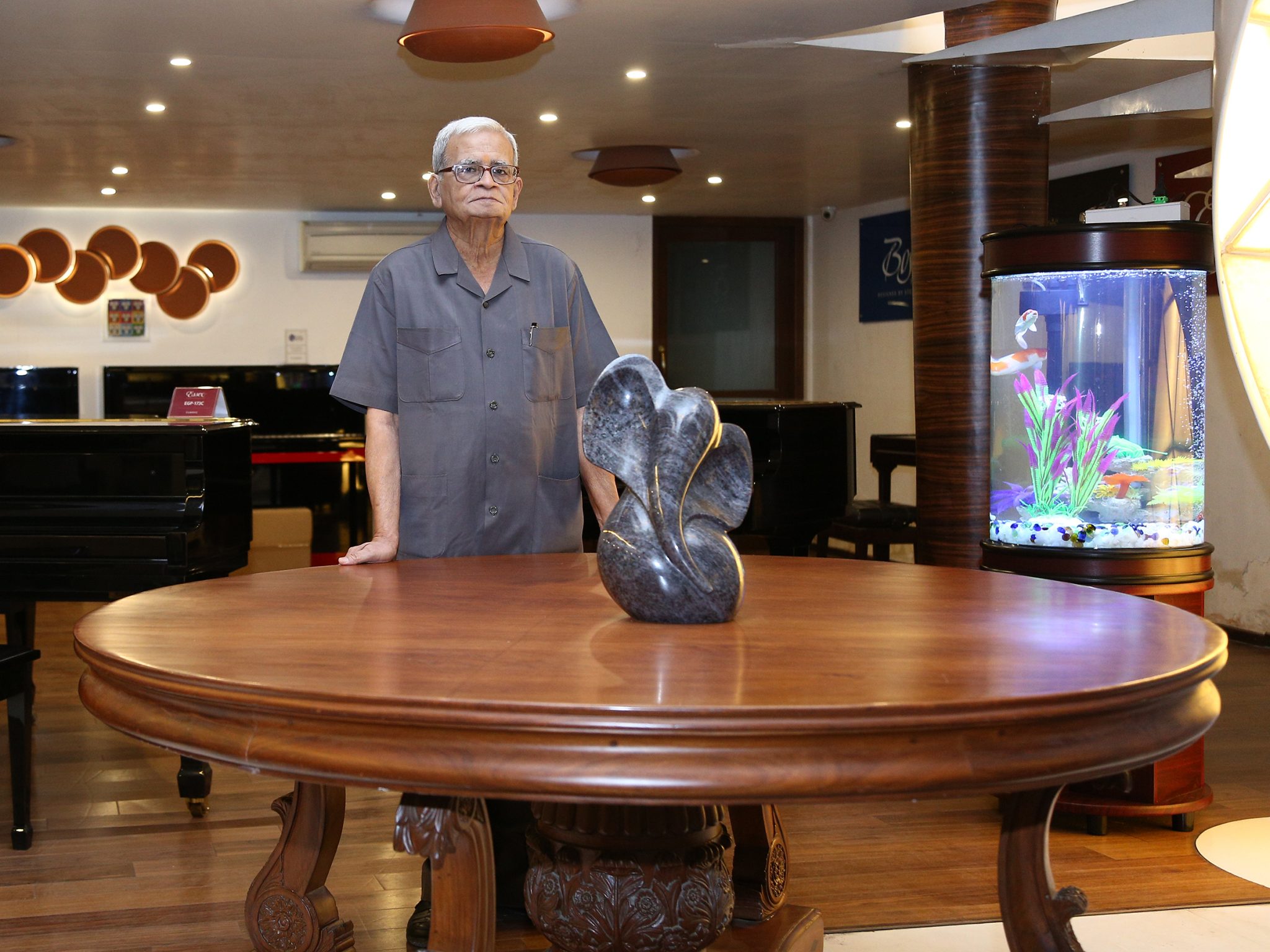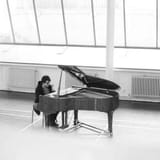Murali Haricharan Das, Chairman and Managing Director – Musée Musical
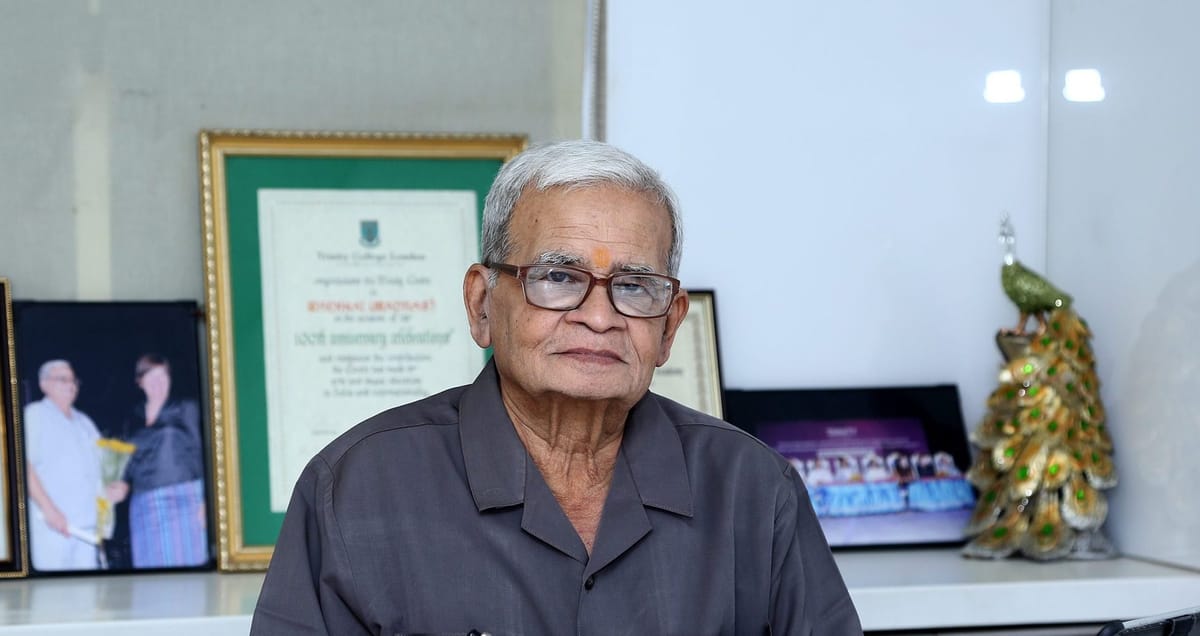
Nikhil Sardana: What is the history of Musée Musical? When was it established in India and how did your family come about acquiring this business?
MH Das: I recollect my father informing me that the owner of Misquith, a Portuguese citizen who was a piano tuner by profession, incurred a lot of debts and sold the business to a French landlord by the name of Edgar Allen Prudhome who closed all its branches except the ones in Rangoon and Bangalore. He ran his own shipping business in George Town, Madras and had no knowledge of music. In search of a business partner he appointed his friend Ms Amy De Rozario, a Spanish lady of British citizenship, who was working as a music teacher in Doveton Corries and Church Park Convent at the time. They continued the business in the name and style of Musée Musical.
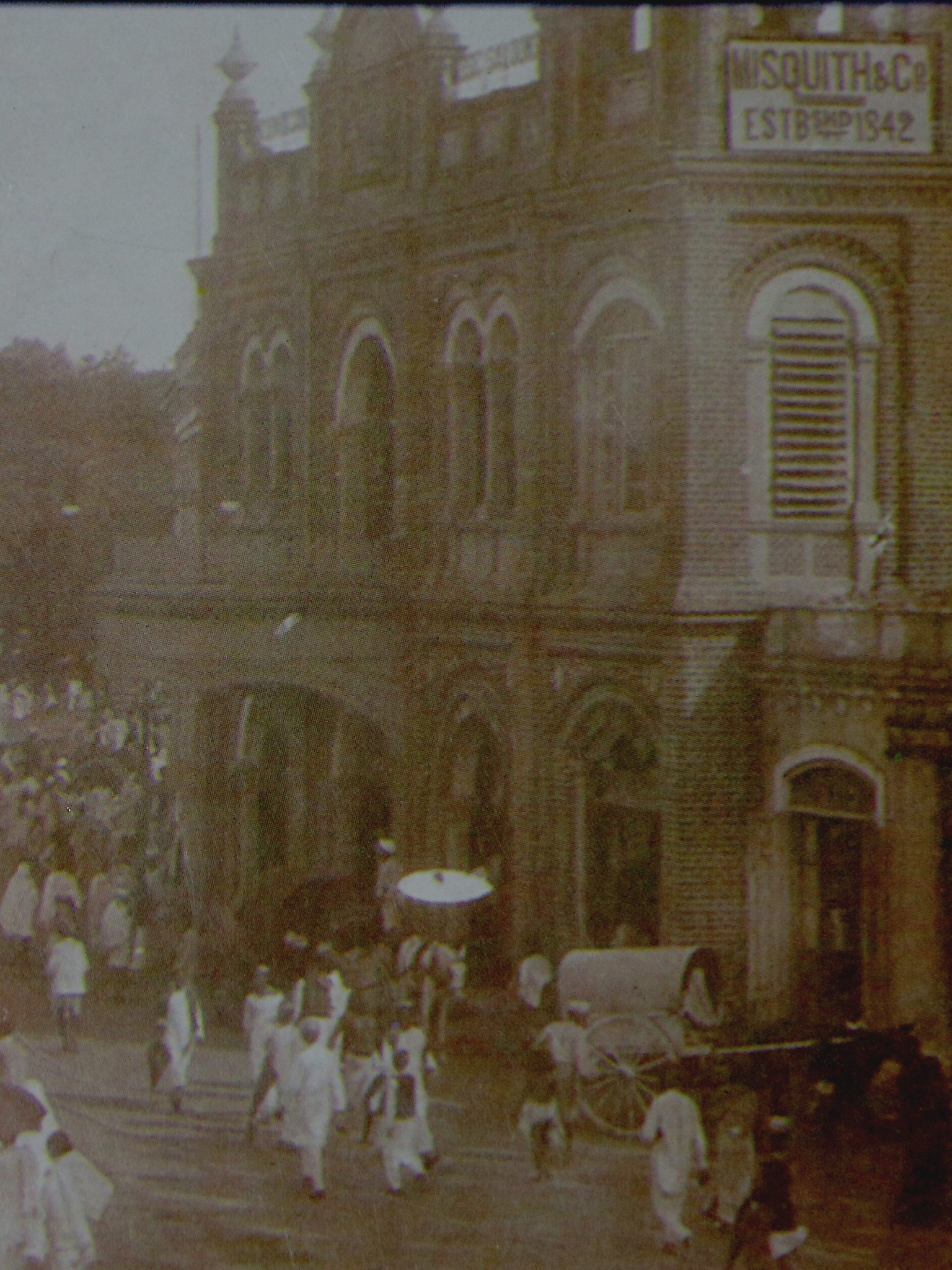
As the business grew, they were in search of a reliable accountant to manage the business. Mr RN Sharma helped them by introducing them to my father, Mr MG Doss, who was a GDA (Diploma in Accountancy). I also joined as a partner in the business. The year, I recollect, will be about 1930s. All the directors of Musée appreciated the sincerity, loyalty and honesty of my father. They also made him a director in about 1940s. This is how Musée Musical came into my family.
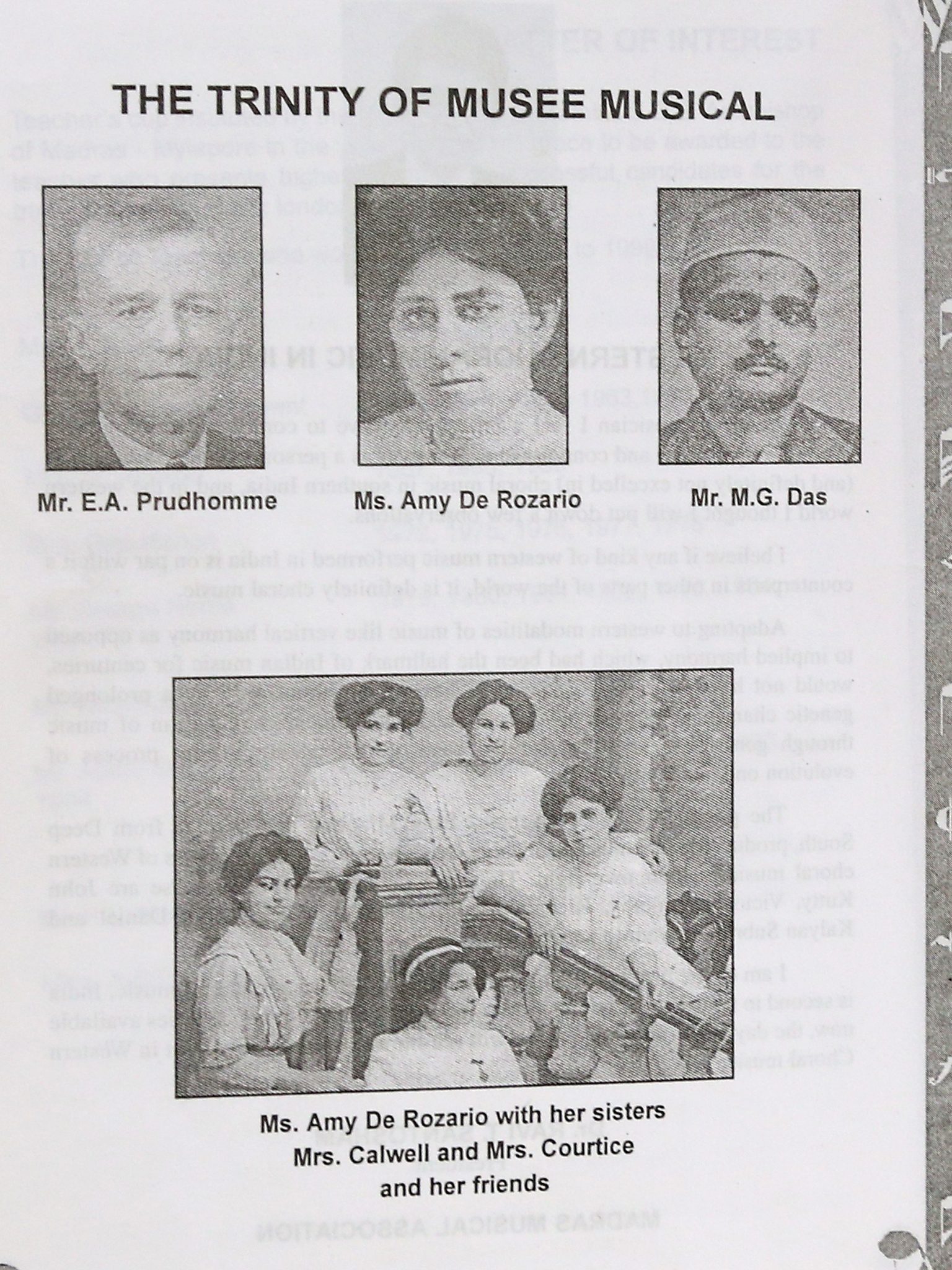
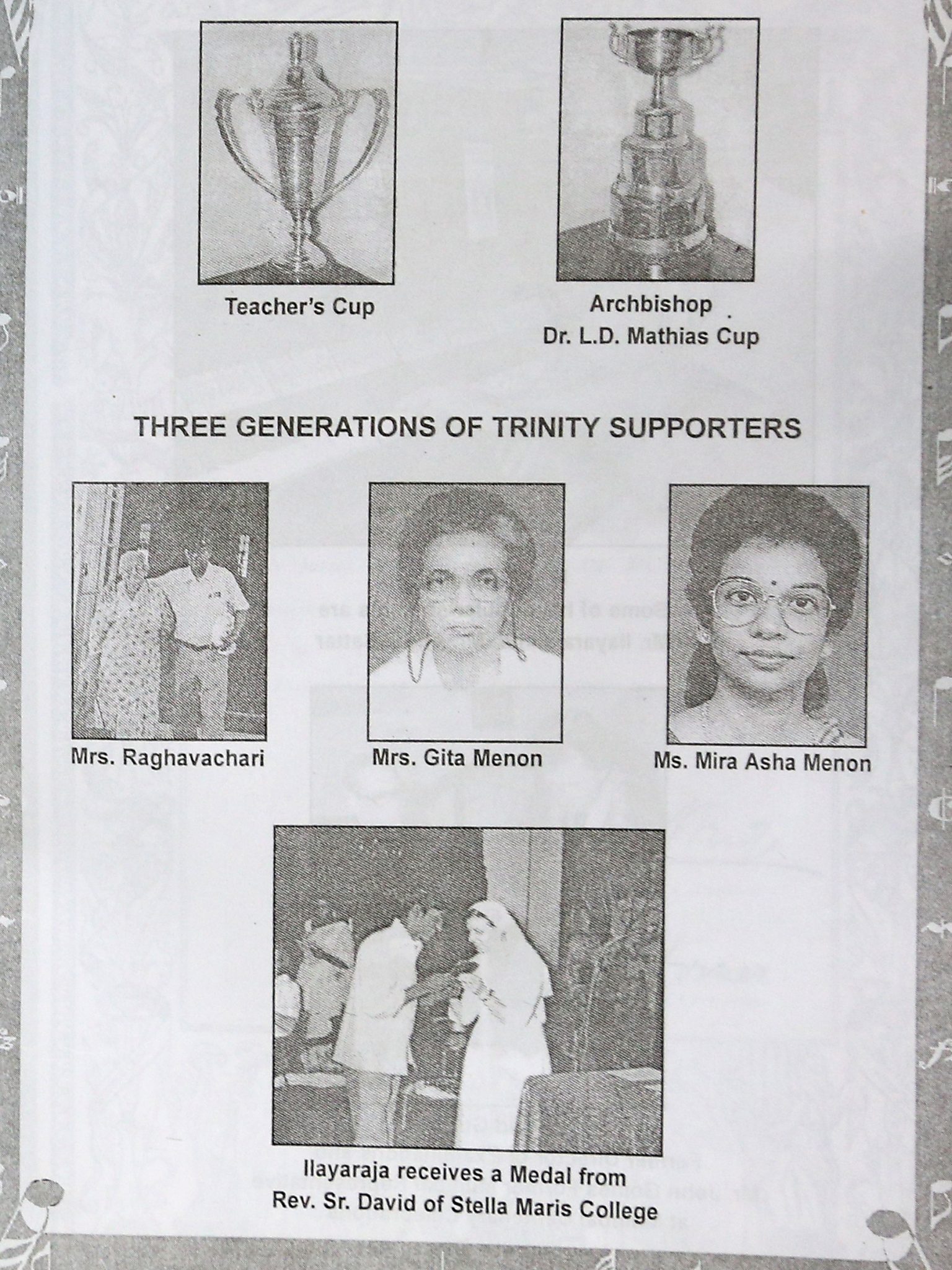
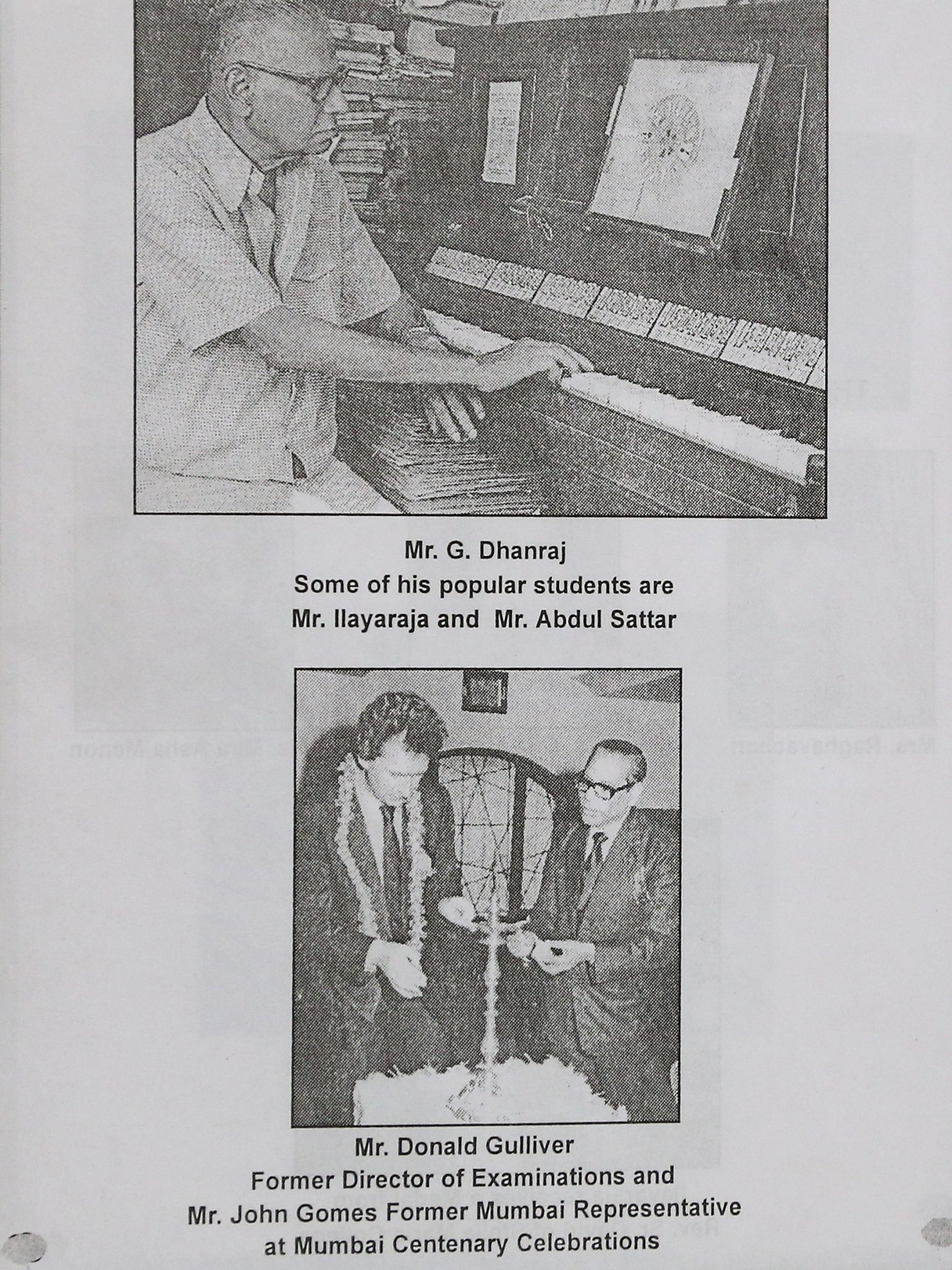
Before joining Musée, my father was working with the wholesale gramophone and record manufacturing company Viel-o-phone Co. headquartered in Mahim, Bombay. They had branches at Calcutta, Madras and Rangoon. My father was incharge of the Madras branch.
NS: Tell us about some of the branches of Misquith and Musée and your father’s experience during the British Raj.
MHD: I have referred to my archives to be as precise as possible. I was able to retrieve one of the books which contains information on Misquith and Musée. The wrapper is missing but I presume that this was published in early 1900s.
Musée Musical was the impresario for the Madras Governor’s House
The first branch of Misquith & Co. Importers was in Coonoor. The population at the time was about 6,000. In Madras, which was the Head Office, had Misquith & Co. Ltd with the address as Post Box No 302, Mount Road Importers with a population recorded as 500,000. There were branches in Bangalore, Nilgiris, Penang, Ootacamund and Vizagapatnam. In Mandalay, Burma, the address was Misquith Ltd. Merchant Street. For Rangoon, it was 383 Dalhouse St. Piano Manufacturers (Pianos, Instruments and Gramophones)and the population was 250,000. In Vizagapatam (Importers), it was called Harmonium Gramophone and the population was 10,000.
Musée Musical was the impresario for the Madras Governor’s House. My father was to be on inspection duty every Saturday. He had to visit the Ball room to make arrangements for the band, get the piano tuned and check the wax polishing of the dance floor. One instance I recollect now was when there was a change of the Governor and the new one was a typical racist. He was a little upset when he saw my father on one of the Saturdays wearing his cap to do the work in his house.
He sent his secretary to my father and ordered him to enter his house only after removing his cap. My father was perplexed and hesitated for a moment. He then returned to his car and left the compound. His Excellency became furious, telephoned the MD of Musée Musical and informed him of the incident. On Monday my father was summoned to the MD’s cabin and questioned. He mentioned that his wearing or not wearing a cap while doing his duties had no relevance with regard to his job. The MD reverted to the Governor and discussed the reply given by my father. His Excellency asked him to send my father, next Saturday, to do his job in his house. This was the time when India was still a part of the British Empire. The following Saturday, the Governor confronted my father on the issue to which he gave the same answer. The Governor then patted him on his back and appreciated his boldness and told him to keep it up.
Musée’s relationship with Trinity was always very cordial
NS: When did Trinity College London start its association with Musée Musical? How has this journey been?
MHD: If I remember correctly, it was some time before the independence that an association with Trinity commenced. Trinity celebrated the centenary of the Madras centre in 2000. A special postal cover was released by the Government of India commemorating the occasion. Musée’s relationship with Trinity was always very cordial and both sides had no issues at any point of time.
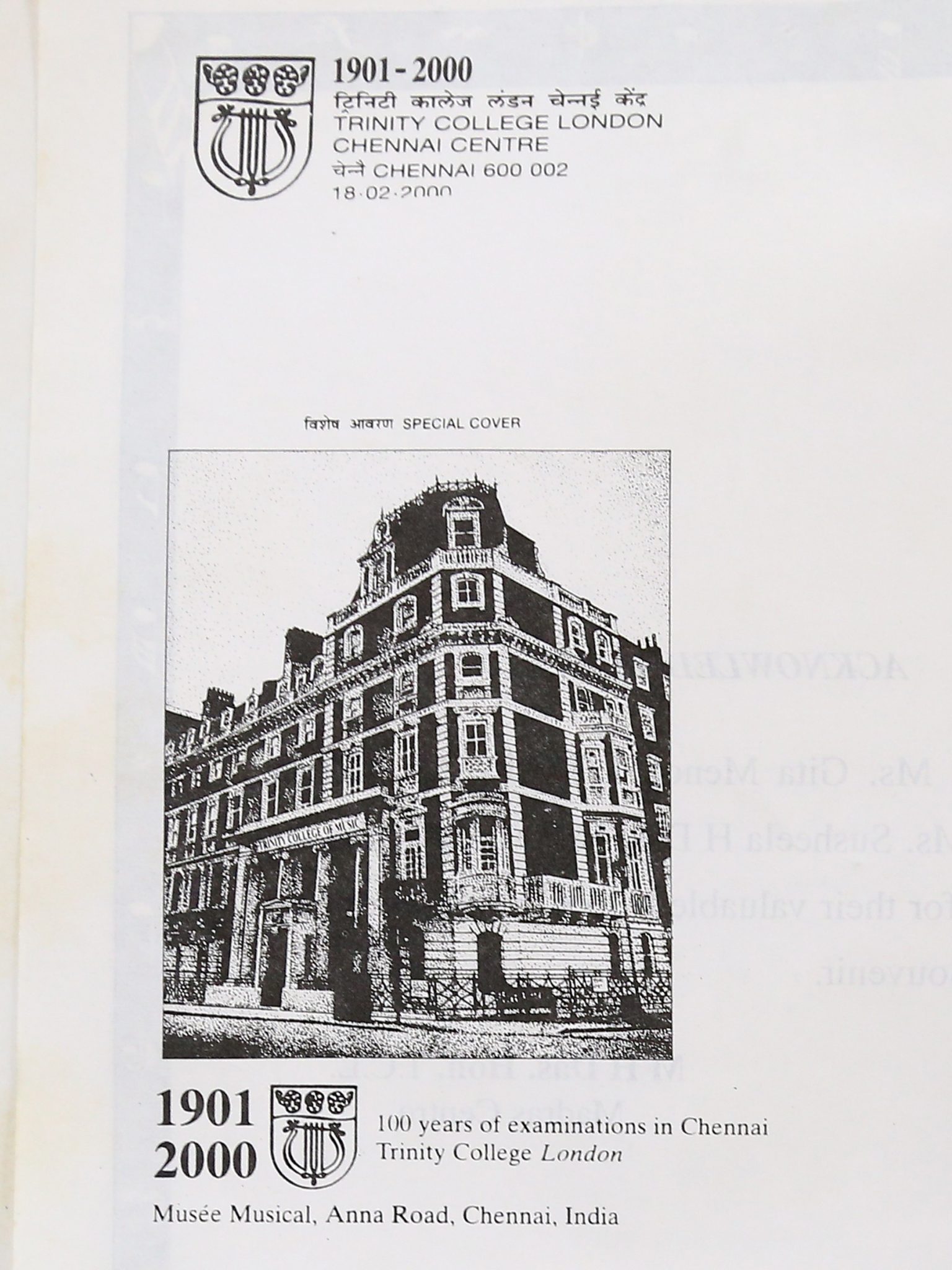
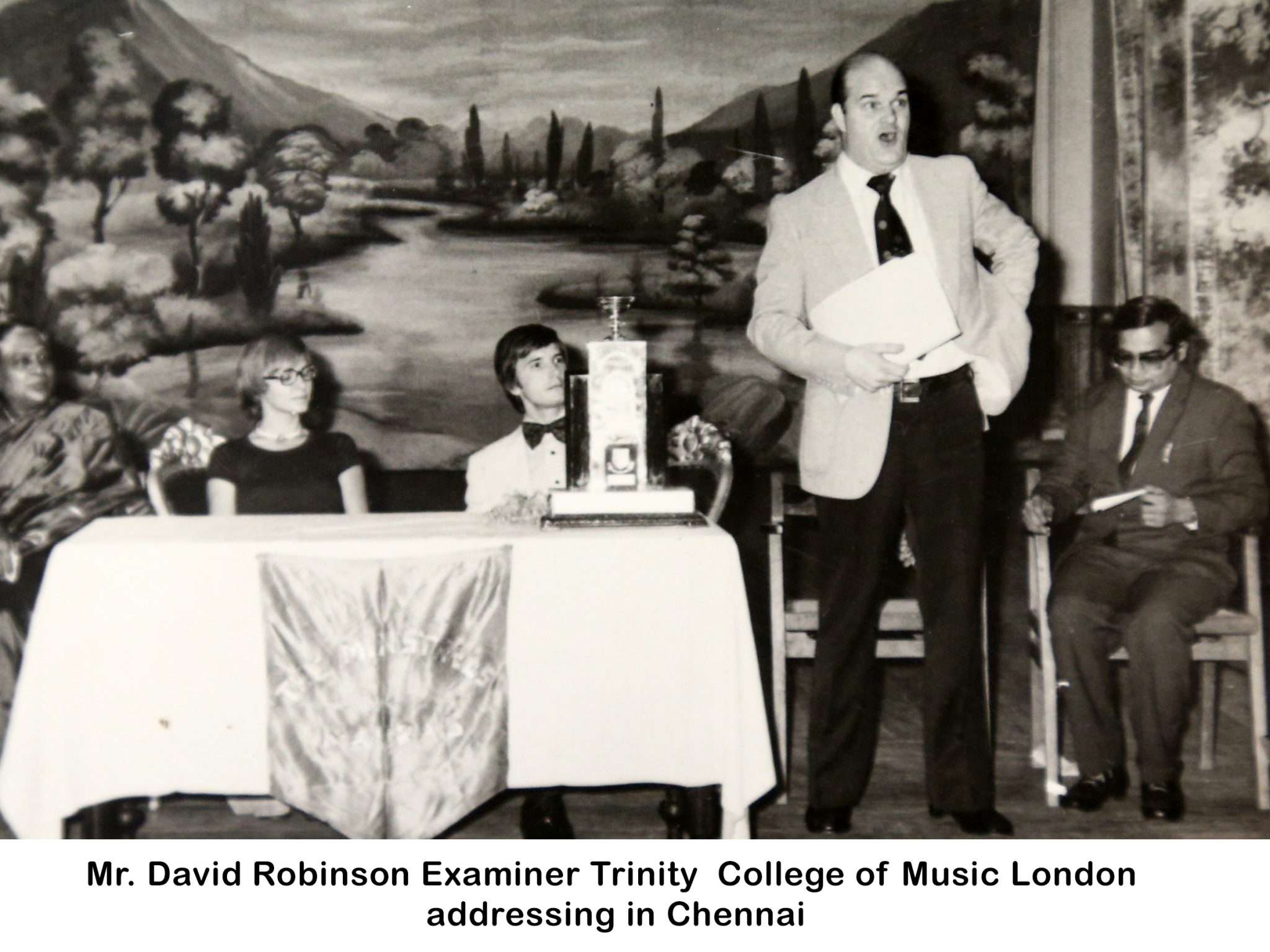
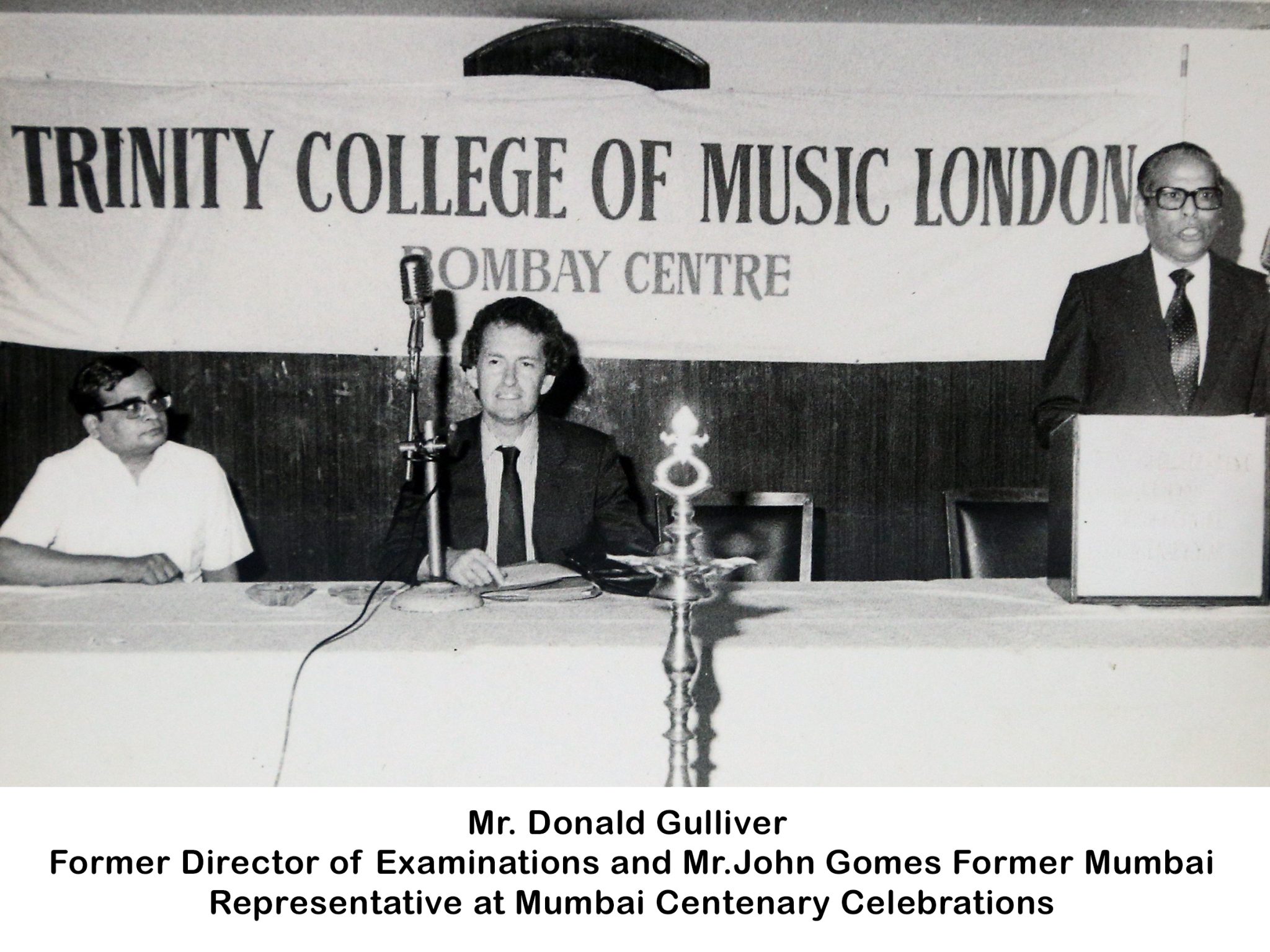
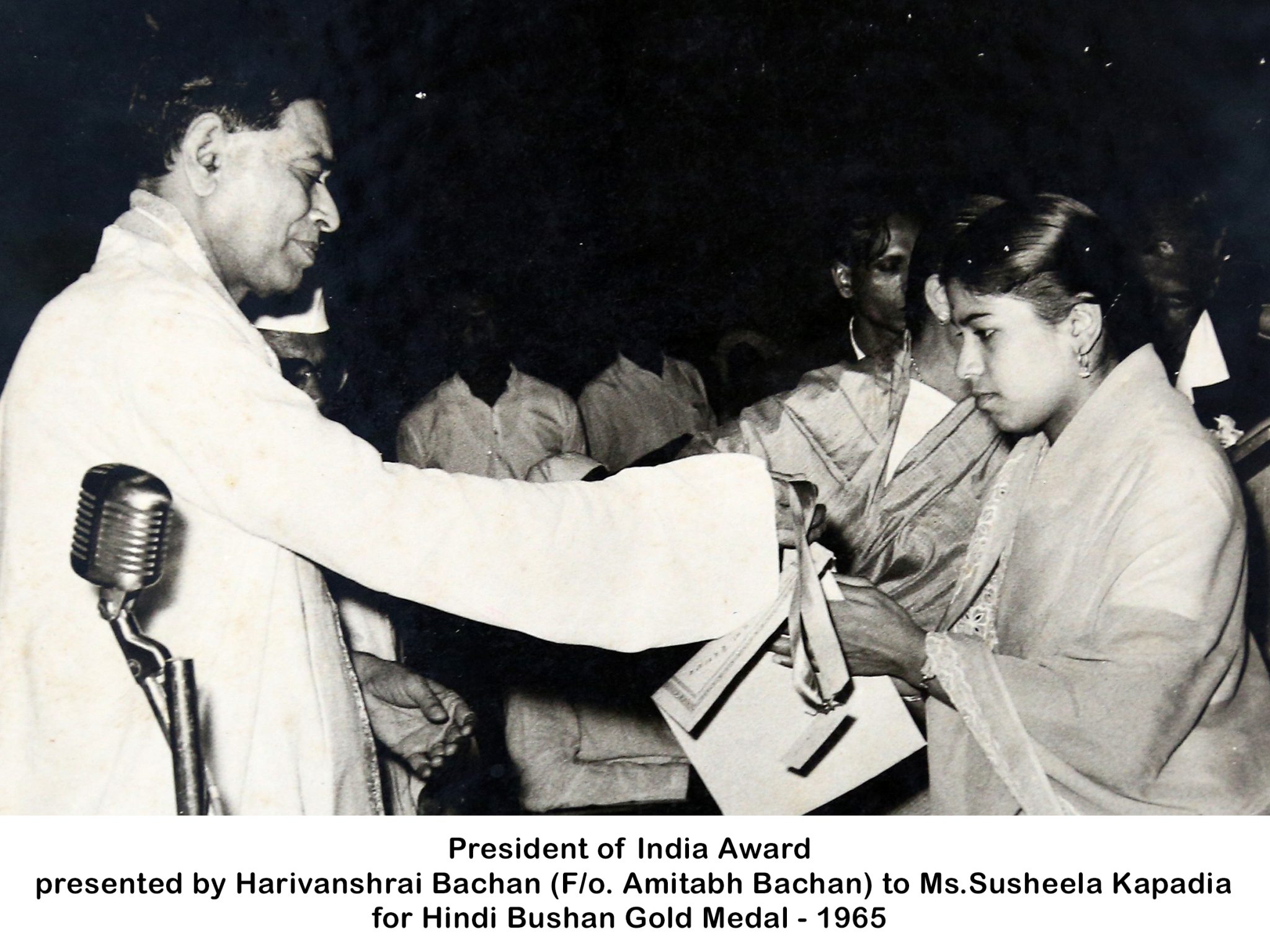
NS: In which year did you decide to take over Musée Musical? Please share your background with us.
MHD: In 1966 I took charge of Trinity after the demise of my father. I have completed my law degree from Madras University in 1964. I was a junior in the office of the Advocate General Shri VP Raman. I have appeared in Justice Kun Ahmed Kutti’s court many times, for the Advocate General. I was happy working in courts as it gave me a status.
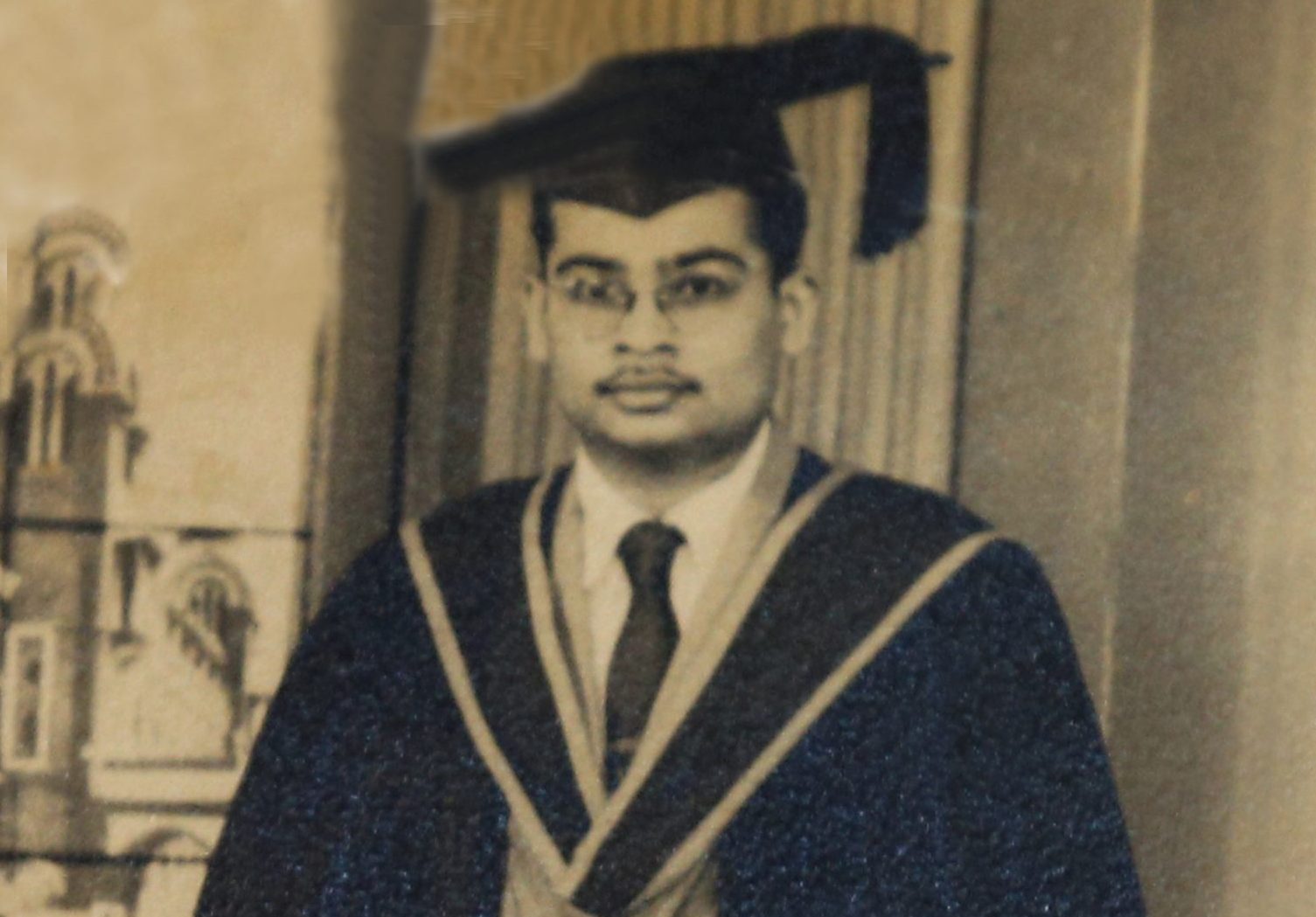
I actively joined Musée Musical in February 1966 and started the first music school in Madras. Now, it has a strength of nearly 500 in here, and about 450 in the Hyderabad branch. This branch is managed by my daughters. I also have a branch in Pondicherry too.
NS: How has the Western classical music scene in Chennai developed over the last few decades? Where is this space headed?
MHD: Western classical music is popular owing to many aspiring commercial musicians who want to make it a career. The entire commercial Music industry uses Western musical instruments to compose. The Trinity qualification gives the students an opportunity to learn this genre. Once they complete the Graded Examinations, they start their own schools and take it up as a profession. Most of the students who complete the exams are employed in schools. All these musicians are well off, and therefore “classical music is not popular” – is only a myth. There are nearly 300 teachers and about 45 Music schools teaching Western classical music here. In South India, where we have our own Carnatic music, the recognition of Western music at its present level provides evidence to its popularity.
Musée is doing its best to keep the Western music flag flying, even though it has been 67 years since the British left the country.
NS: Why, in your opinion, are audiences in Chennai only partially supportive or inclined towards organising and attending Western classical music concerts?
MHD: Regarding the partially supportive appreciation of Western classical music, one agrees to the above as it is because they are busy teaching or feel tired after a day’s work. Many workshops organised by Trinity are well attended despite the work load.
Musée is doing its best to keep the Western music flag flying, even though it has been 67 years since the British left the country.
